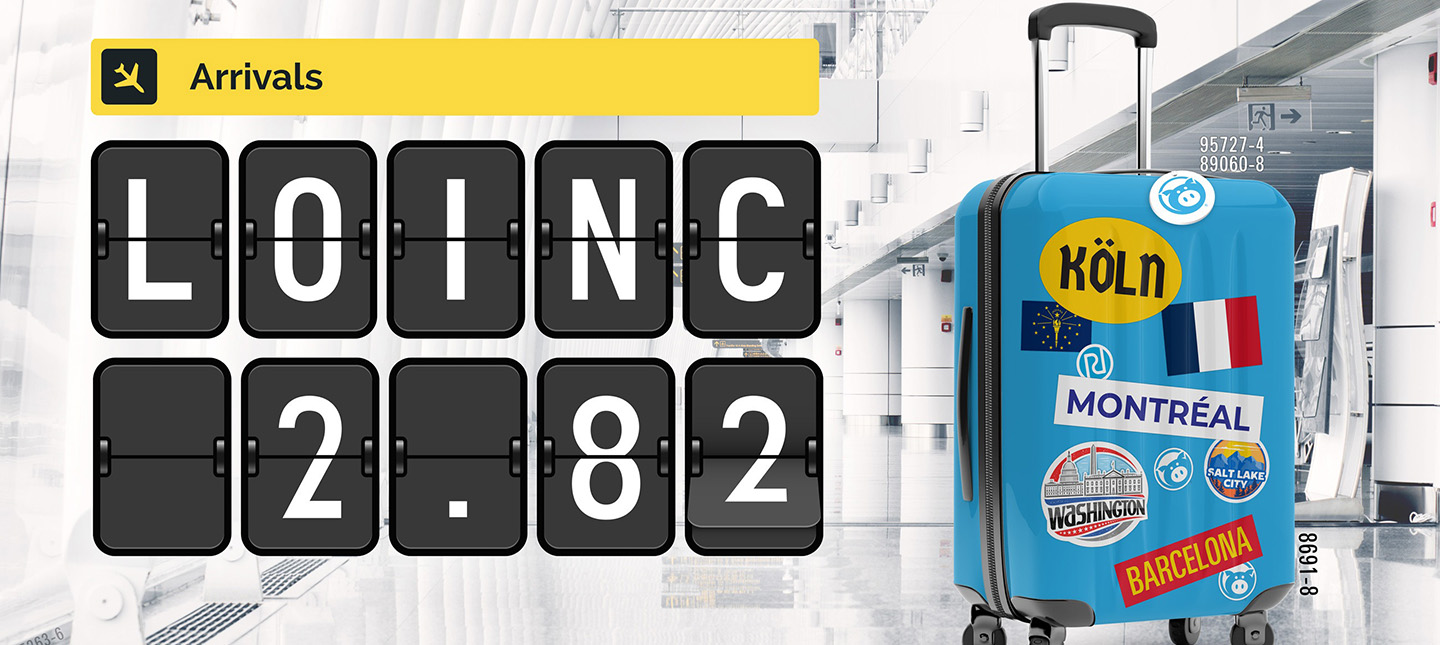Dawn Bravata, M.D., shares some of the surprising reflections shared by veterans as they participated in a music learning intervention.
Transcript:
For many of the veterans, they’re at a place in their life that they would describe as sort of a low point, right? They’re in a homeless domiciliary. And so just being involved in music was a powerful activity for them, and in many cases, it reminded them of their childhood or it reminded them of a time in their life when they were doing things like going to concerts and engaging in music in a helpful way — being in the church choir, that kind of thing.
Nicholas Rattray, PhD, describes the advantages participatory arts programs have over problem-oriented therapies.
Transcript:
Many of the approaches that are taken with veterans that have housing instability and some difficulties with community reintegration are often really focused on solving a problem or an issue. And I think the participants spoke with us in interviews about this issue, that this approach of playing music and also listening to music played by their teacher was not problem-oriented, and so as we highlight in the paper, compared to other kinds of interventions, I think there’s an advantage to this approach.
Dr. Bravata describes the occupational therapy approach of the study, saying that meaningful activities are healing for people.
Transcript:
This is a participatory arts program, and so it is not using the concepts of music therapy, but rather, this program was much more embedded in occupational therapy, which emphasizes this idea that participation in meaningful activities is healing for people. And so it was based on several conceptual frameworks, but one of them is this thing called self-determination theory, which says that if people acquire skills and become competent, it motivates them to continue in that activity, and that can be something that enhances their well-being.







